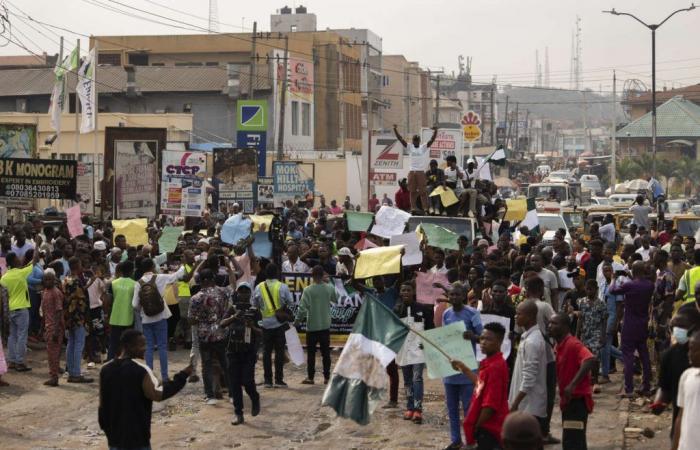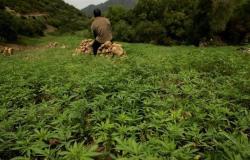In February 2022, the Kimberly-Clark group, manufacturer of Huggies diapers, inaugurated with fanfare a new factory in Lagos State, Nigeria. A $100 million investment supposedly embodies its “vision” of the growth prospects of the West African giant. “Kimberly-Clark has chosen a very good location”assured the country’s vice president, Yemi Osinbajo, highlighting the record number of babies born each year in the most populous country on the continent, with some 220 million inhabitants.
Alas, at the end of May, the American company announced the end of all its operations in Nigeria. A ” difficult decision ” taken because of a change in its strategic priorities at the global level, she explained, but also because of the economic evolution of a country today eaten away by a deep crisis.
Kimberly-Clark is not an isolated case. In recent months, several multinationals, from Procter & Gamble to GSK, Bayer and Sanofi, have chosen to reduce their presence in Nigeria, or even leave it altogether. Since then, the list has grown even larger: on Tuesday, June 11, the British spirits group Diageo announced the sale of its majority stake in its subsidiary Guinness Nigeria to Tolaram, a company based in Singapore.
Read the decryption: Article reserved for our subscribers Nigeria, an African giant adrift
Add to your selections
“All these departures reflect a very trying business environment for companies”says David Omojomolo, an analyst at the research firm Capital Economics. The context is darkened by galloping inflation, the repercussions of which are difficult to absorb for large consumer groups. In May, it reached nearly 34%, its highest level in twenty-four years. As a result, purchasing power is shrinking like shagreen leather in a country where, according to the World Bank, 87 million people already live below the poverty line. “Nigerian consumers can no longer even afford a Goldberg [une bière blonde bon marché] after a hard day’s work”lamented Hans Essaadi, the boss of Nigerian Breweries, in February. To manage this bad patch, the brewery, a subsidiary of Heineken, announced in April the temporary closure of two of its nine factories.
Depreciation of local currency
The price surge is fueled by the sharp depreciation of the local currency: the naira has lost around 60% against the dollar since June 2023 and the arrival in power of President Bola Tinubu, who instigated an exchange rate reform accompanied by multiple devaluations. The head of state had then indicated that the central bank would stop supporting the naira by rationing its supply of greenbacks. A measure supposed to make life easier for companies that must obtain dollars to pay for their imports or repatriate their profits in hard currency. But the shortage of foreign currency remains a latent problem in a country that derives most of its revenue from declining oil production.
You have 47.19% of this article left to read. The rest is reserved for subscribers.






